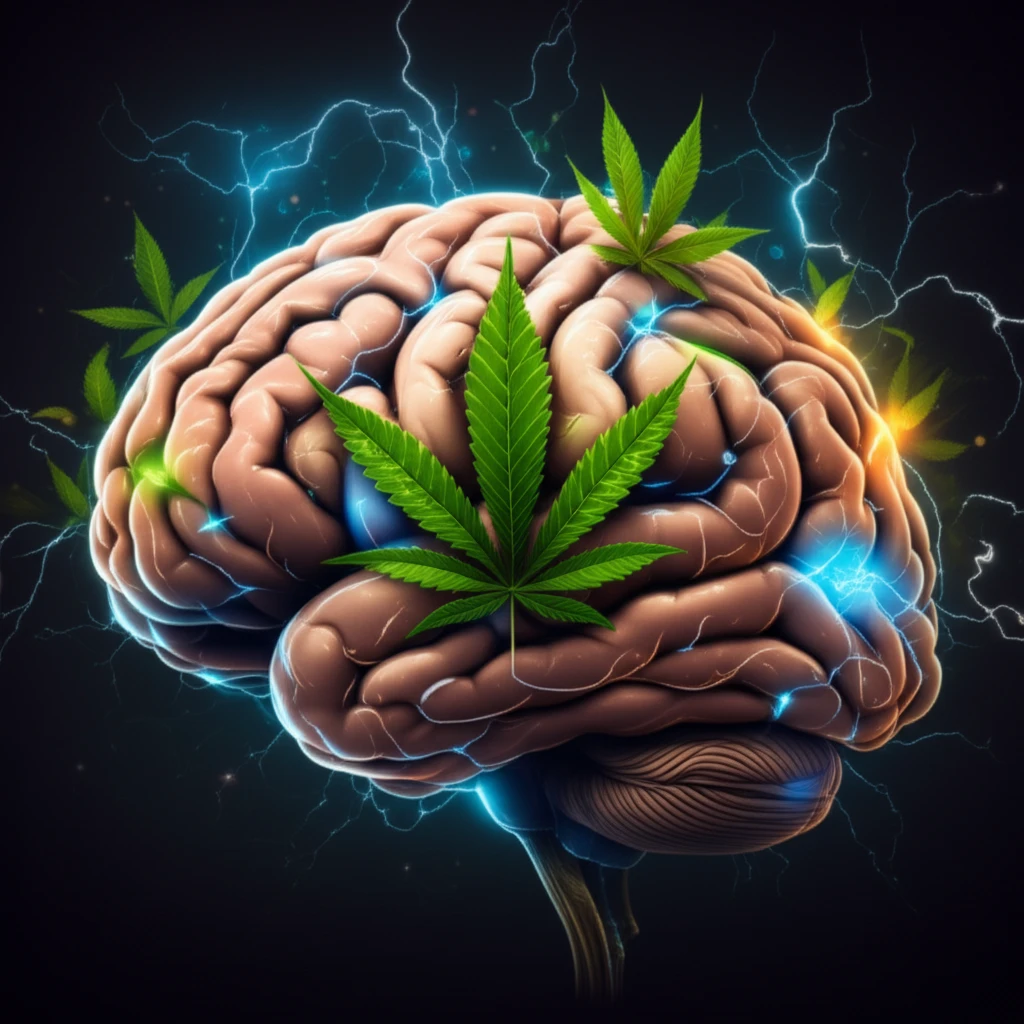
CBD and Epilepsy: What You Need to Know About Safety and Effectiveness
"Navigating the buzz around cannabidiol for epilepsy treatment, from scientific data to real-world applications for managing seizures effectively."
Epilepsy, a neurological disorder affecting millions worldwide, is characterized by recurrent seizures that can significantly impact quality of life. For approximately one-third of individuals with epilepsy, seizures remain uncontrolled despite conventional anti-epileptic drugs (AEDs), leading to what is known as treatment-resistant epilepsy. This condition is associated with increased morbidity and mortality, underscoring the urgent need for innovative therapeutic options.
In recent years, cannabis-based treatments, particularly cannabidiol (CBD), have garnered significant attention as potential alternatives or adjuncts for managing epilepsy. CBD, a non-psychoactive compound found in cannabis plants, has shown promise in preclinical and clinical studies for its anticonvulsant properties. The surge in interest has been fueled by media coverage, patient testimonials, and the proliferation of online resources, creating a demand for reliable information and evidence-based guidance.
This article aims to provide a comprehensive overview of the current state of knowledge regarding CBD as a treatment for epilepsy. We will delve into the scientific evidence supporting its efficacy and safety, explore potential drug interactions, and offer practical considerations for patients and caregivers navigating this evolving landscape. Our goal is to sift through the buzz and provide clear, actionable insights to help individuals make informed decisions about CBD and epilepsy management.
Understanding CBD and Its Potential in Epilepsy Treatment

Cannabidiol (CBD) is one of over 100 phytocannabinoids found in cannabis plants. Unlike delta-9 tetrahydrocannabinol (THC), the primary psychoactive component of cannabis, CBD does not produce intoxicating effects. CBD interacts with the body's endocannabinoid system, a complex network of receptors and neurotransmitters involved in regulating various physiological processes, including mood, pain sensation, and immune function.
- Modulating neuronal excitability by interacting with ion channels and receptors in the brain.
- Reducing inflammation, which is known to contribute to seizure generation and progression.
- Enhancing the effects of endogenous cannabinoids, thereby promoting overall endocannabinoid system function.
- Potentially interacting with other neurotransmitter systems involved in seizure control.
Making Informed Decisions About CBD and Epilepsy
The evidence surrounding CBD as a treatment for epilepsy is growing, but it is crucial for patients and caregivers to approach this topic with informed caution. While studies suggest potential benefits, it is essential to consult with a qualified healthcare professional to determine if CBD is an appropriate option and to discuss potential risks and benefits. Remember, self-treating epilepsy can be dangerous, and any changes to your treatment plan should be made under the guidance of a medical expert. By staying informed and working closely with your healthcare team, you can navigate the buzz around CBD and make well-informed decisions that prioritize your health and well-being.
